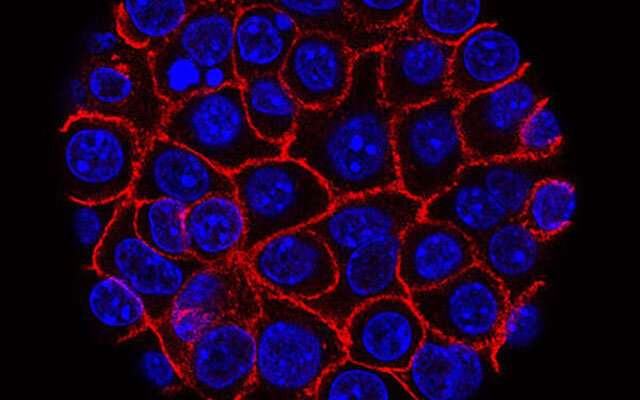Stool Microbiome Analysis Offers New Insights into Cancer Treatment Strategies

At Mayo Clinic's Center for Individualized Medicine, researchers are exploring the potential of stool samples to unlock critical information about the microbiome—a complex community of microorganisms including bacteria, fungi, and viruses residing in the human gut. Although stool is typically considered medical waste, it may actually hold vital clues to understanding how the microbiome influences cancer treatment outcomes.
Emerging evidence underscores the microbiome's significant role in overall health, affecting how the body responds to diseases like cancer and the effectiveness of various therapies. One major initiative, the oncobiome project, involves collecting and analyzing stool samples from over 2,000 cancer patients across Mayo Clinic facilities in Minnesota, Arizona, and Florida. These samples, obtained before treatment begins, enable scientists to identify microbial patterns that could predict patient responses to treatments, paving the way for personalized cancer care.
The project’s unique design integrates research with clinical applications, simplifying the translation of scientific discoveries into tailored treatment plans for cancer patients. Dr. Purna Kashyap, director of the Mayo Clinic Microbiomics Program, emphasizes the goal of customizing therapies based on an individual’s microbiome and genetic makeup.
By examining these stool samples, researchers aim to determine correlations between microbiome composition and cancer types. They are also investigating whether certain microbes can forecast survival chances, especially in patients with cancers like lymphoma undergoing different treatment regimens. Additionally, the study explores how enzymes and metabolites produced by the gut microbiome influence response to immunotherapies and potential side effects.
The team’s approach is inclusive, involving diverse patient groups at various cancer stages and treatment types. This diversity helps identify microbial signatures associated with optimal outcomes regardless of the specific cancer. Integrating additional 'omics' technologies—such as genomics, proteomics, metabolomics, and transcriptomics—provides a comprehensive understanding of the factors affecting each patient’s treatment response.
Scientists like Ruben Mars are investigating how microbes impact cancer risk, treatment efficacy, and side effects. Despite recognizing the importance of a balanced gut microbiome, pinpointing specific microbial changes that improve treatment success remains complex. The oncobiome project aims to develop innovative methods to manipulate gut microbes to enhance cancer therapy outcomes.
Moreover, the research extends beyond cancer. Previous studies by Mayo Clinic scientists have delved into the microbiome’s role in conditions like gut-brain disorders, Clostridioides difficile infections, rheumatoid arthritis, and the pathogenic activity of microbes such as Porphyromonas somerae in endometrial cancer.
These investigations highlight the evolving understanding of the microbiome as a key player in health and disease, opening promising avenues for microbiome-targeted therapies that could revolutionize personalized medicine.
Stay Updated with Mia's Feed
Get the latest health & wellness insights delivered straight to your inbox.
Related Articles
Polycystic Ovary Syndrome: A Major but Underrecognized Threat to Women's Health
Polycystic ovary syndrome (PCOS) affects millions of women globally, increasing risks for heart disease, diabetes, and mental health issues. Despite its prevalence, PCOS is often underdiagnosed and undertreated, highlighting the need for greater awareness and personalized care.
Innovative Approaches to Enhancing Home Care Quality Through Cooperatives
New research uncovers key strategies in home care cooperatives that can significantly improve quality, driven by worker empowerment and collaborative management. Source: UCLA study.
Expert Insights on Brain Health and the Significance of Prop 14
Rice University experts highlight how fundamental chemistry research is vital for understanding and treating neurodegenerative diseases, with Prop 14 poised to boost brain health initiatives in Texas.



